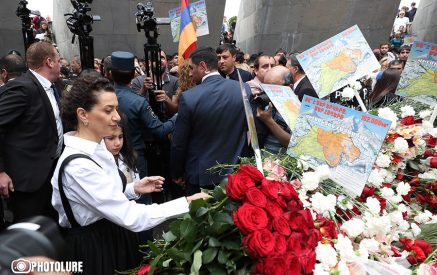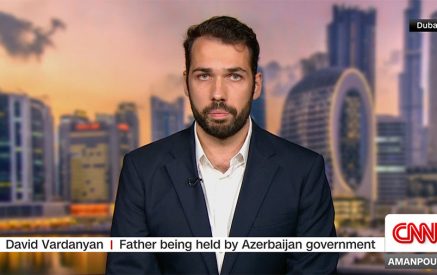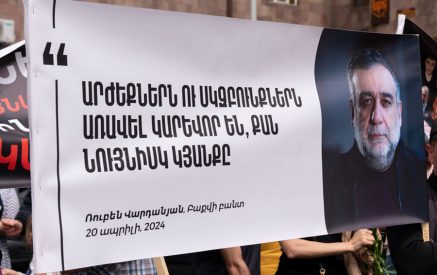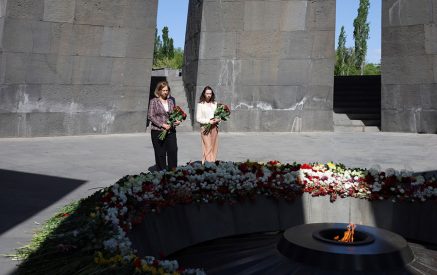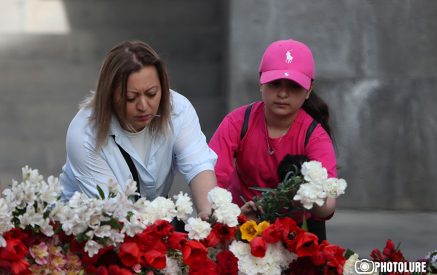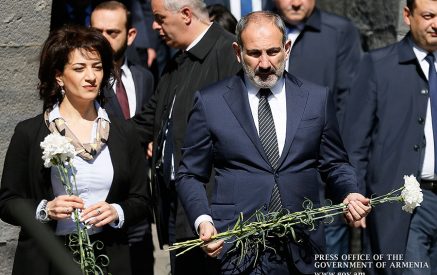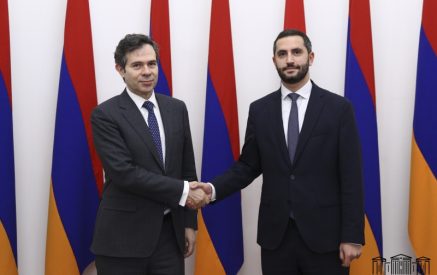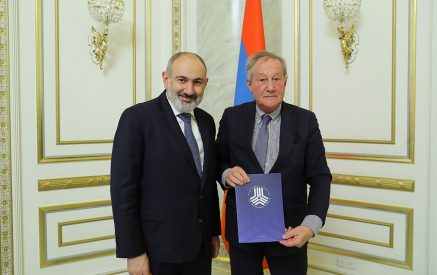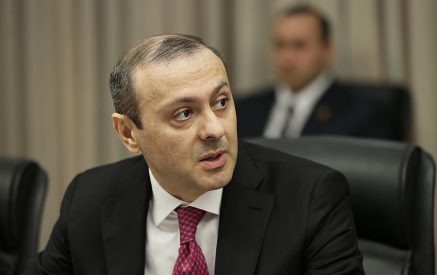The case concerns the medical care in detention of two well-known human rights defenders and civil society activists.
The applicants, Arif Seyfulla oglu Yunusov and Leyla Islam gizi Yunusova, husband and wife, are Azerbaijani nationals who were both born in 1955 and live in Baku. Ms Yunosova is the director of the Institute for Peace and Democracy, a non-governmental organisation specialising in human rights protection and conflict resolution and, Mr Yunusov, a researcher, is a head of department at the Institute.
Ms Yunusova and her husband were arrested in July and August 2014, respectively, on various charges including large-scale fraud and high treason. Their detention was extended on a number of occasions – on the grounds of the gravity of the charges and the risk of their absconding – until they were convicted in August 2015 and sentenced to eight and a half years’ imprisonment. This decision was subsequently quashed on appeal in December 2015 and the couple were given a conditional sentence of five years’ imprisonment. Ms Yunusova was immediately released. Her husband had in the meantime (in November 2015) been released on health grounds at the request of the Prison Service’s medical department.
Both Ms Yunusova and her husband had several serious medical problems prior to their arrest. Ms Yunusova suffered from chronic hepatitis C, diabetes, gallstones, a cyst in the left kidney and had had surgery for cataracts. Mr Yunusov suffered from chronic hypertension. These diagnoses were immediately confirmed upon the applicants’ admission to prison when they were examined by a doctor and underwent various medical tests.
The applicants submit that they were unable to obtain adequate medical care in detention and that this had led to a serious deterioration in their condition. They thus made a request under Rule 39 of the Rules of Court (interim measures) in September 2014 to the European Court of Human Rights to be provided with adequate medical care in prison. The European Court granted this request and indicated to the Azerbaijani Government to provide both applicants with adequate medical treatment in prison, and if such treatment was unavailable in prison, to ensure Ms Yunusova’s immediate transfer to an appropriate medical facility. Following this measure, in November 2014 the Government provided the European Court with a letter confirming that the applicants’ state of health was stable and did not require their transfer to a specialist medical facility. Similar letters containing general information about the applicants’ health and medical examinations in detention were sent on a monthly basis from then on and until Ms Yunusova’s release in December 2015. The applicants claim, however, that none of these monthly letters contained any medical prescriptions or recommendations made by the doctors who had examined them.
The Government, on the other hand, claim that the applicants had been under constant medical supervision in prison and had received comprehensive medical treatment; there had therefore been no deterioration in their health. Notably, Ms Yunusova had been examined by a specialist endocrinologist during the first few months of her detention and had been advised to continue her previous treatment for diabetes. Furthermore, from December 2014 she was regularly examined by a German doctor from Charité, a university hospital in Berlin. As concerns Mr Yunusov, he had had monthly general medical examinations, a blood test and biochemical test as well as three electrocardiographs. Moreover, they had both been transferred to the prison’s medical department (in October and November 2015, respectively) at the request of doctors.
Relying on Article 3 (prohibition of inhuman or degrading treatment), the applicants complain that they were not provided with adequate medical treatment in detention and that their state of health was not compatible with their conditions of detention. They also complain under Article 34 (right of individual petition) that, although the Azerbaijani Government had informed the European Court, on a monthly basis, that their state of health was stable and that they were under constant medical supervision, they had failed to provide any medical evidence to back this up. The couple therefore
allege that the Government had failed to comply with the interim measure indicated by the European Court in September 2014. Ms Yunusova makes a further complaint under Article 3, alleging that she was frequently subjected to verbal and physical violence by a cellmate and that she was also beaten by a prison guard on 23 September 2014.






























